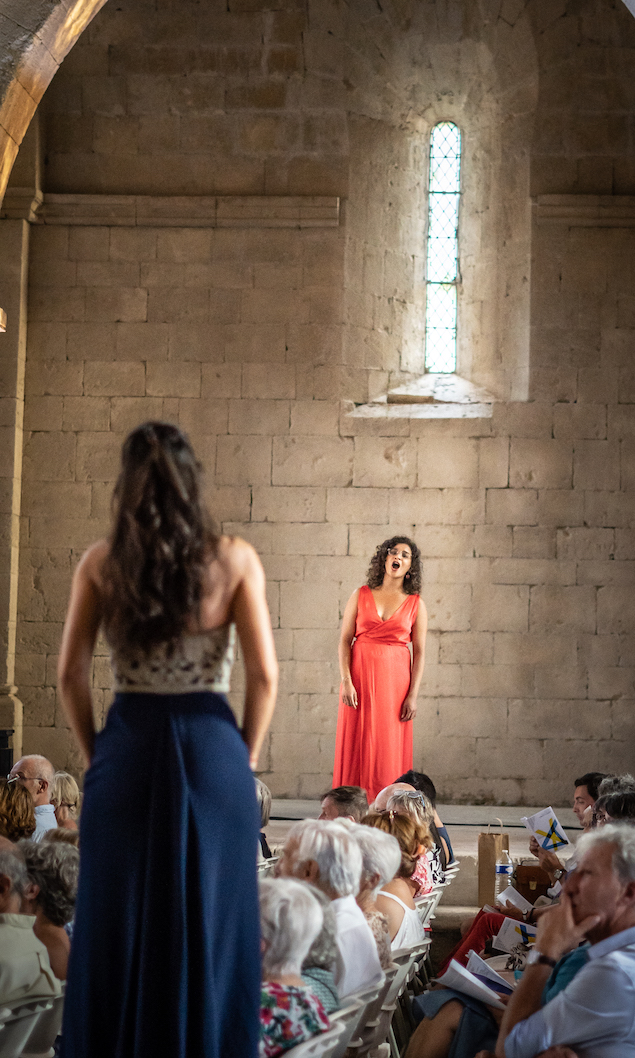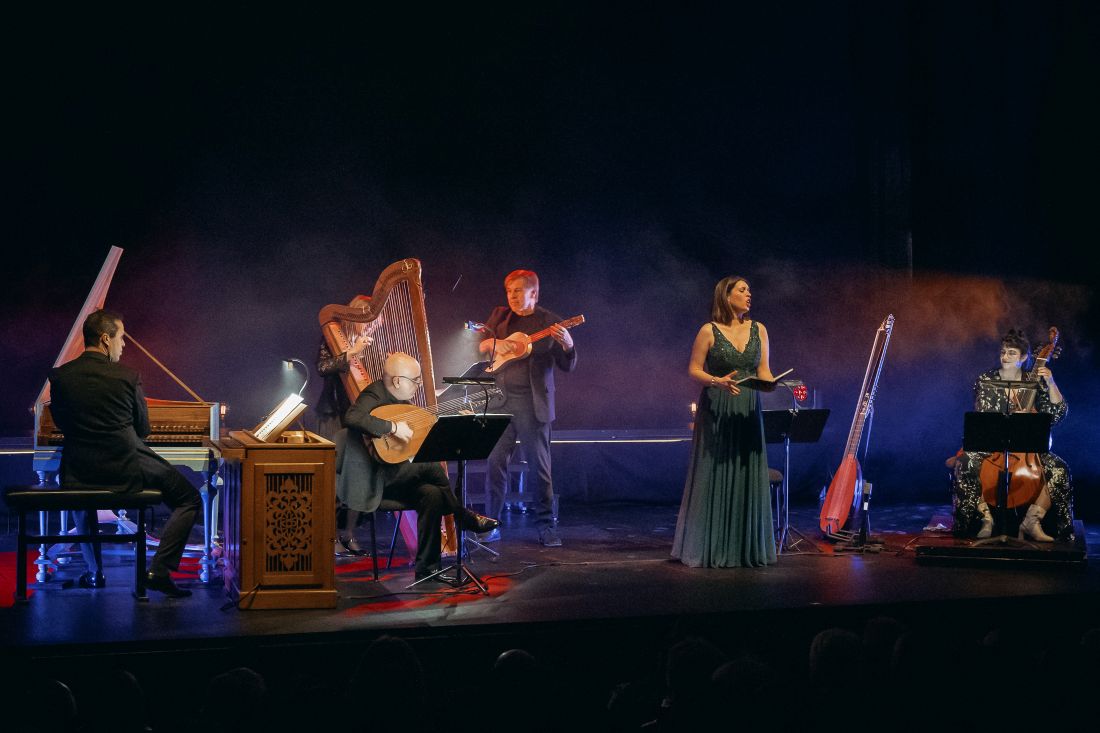

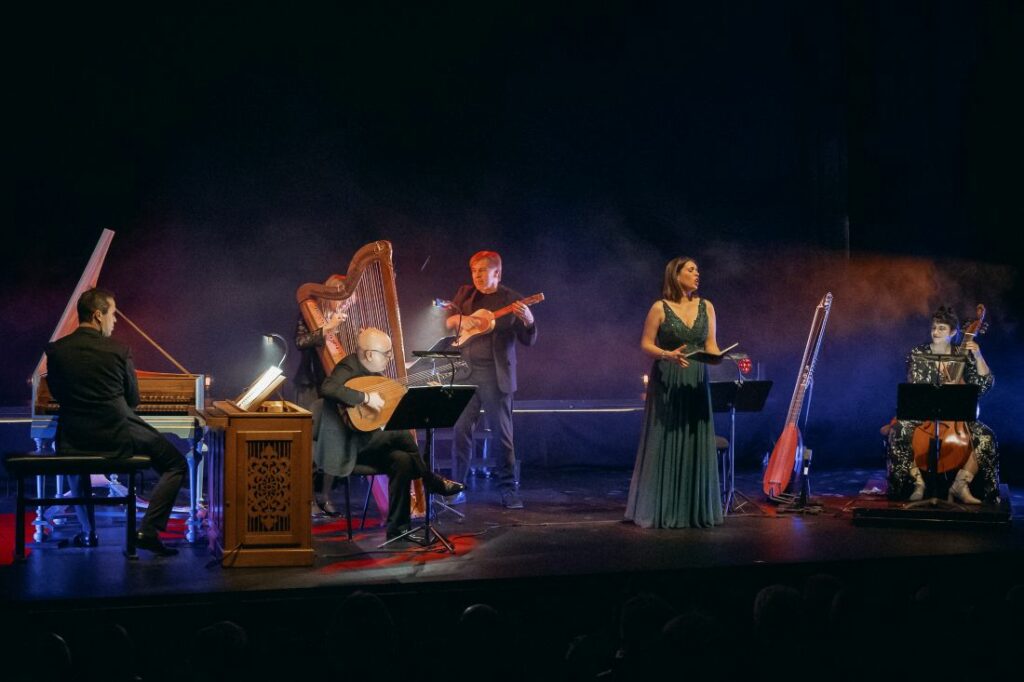
“This is music that we must reflect on and savour in an almost philosophical way, like an incursion into the depths of human emotion. Under the hand of Sigismondo d’India, this return to silence is almost a pathway to purification, in the deepest sense of the word. It is a precious gift in the aftermath of the silent world that was imposed upon us in 2020.”
Leonardo García-Alarcón
Sigismondo D’India (c. 1582-1629) had an extraordinary career as a musician-courtier in Italy. The expressive power of his music made him one of the greatest musical figures of his time. His five books of accompanied monodies, published between 1609 and 1623, are among the most innovative and interesting in the genre. They display all the uniqueness of this avant-garde repertoire, which left its mark in the history of music in Europe at a time when it was valued above all other forms of musical expression. Rendered sublime by the voices of Mariana Flores and Julie Gwendoline Blondeel, this hauntingly soothing programme invites introspection and contemplation.
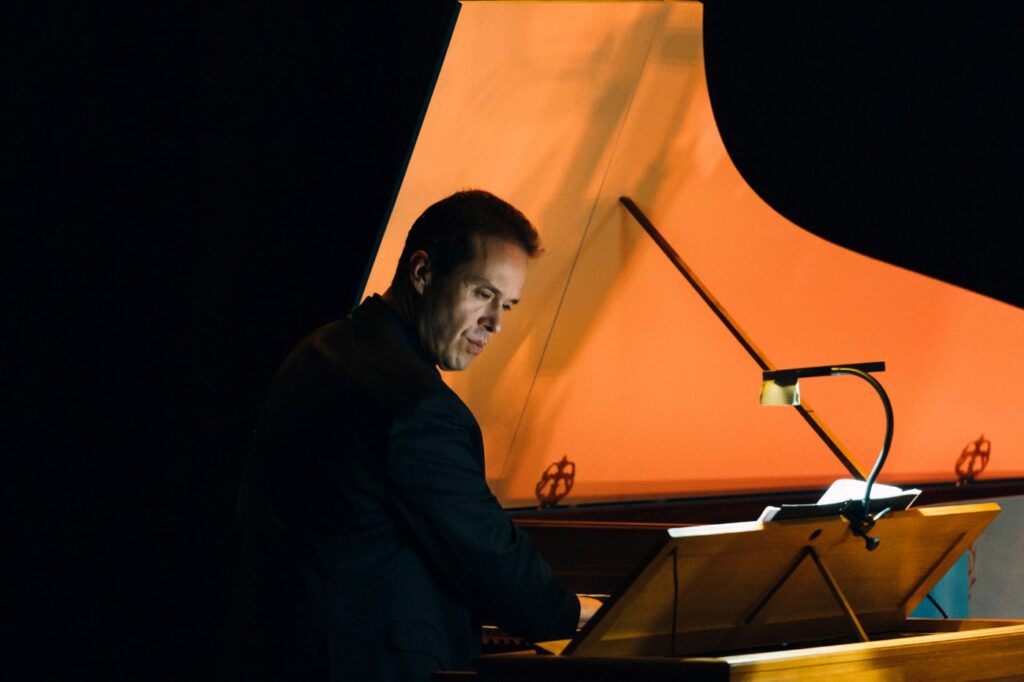
Jacques Arcadelt (1507-1568)
Sigismondo d’India (c. 1582-1629)
Francesco Cavalli (1602-1676)
Castello
Performance running time: approx. 2 hours
Mariana Flores, Soprano
Gwendoline Blondeel, Soprano
Mónica Pustilnik, Lute
Quito Gato, Theorbo
Marina Bonetti, Harp
Margaux Blanchard, Viola da gamba
Leonardo García-Alarcón, musical direction, organ and harpsichord
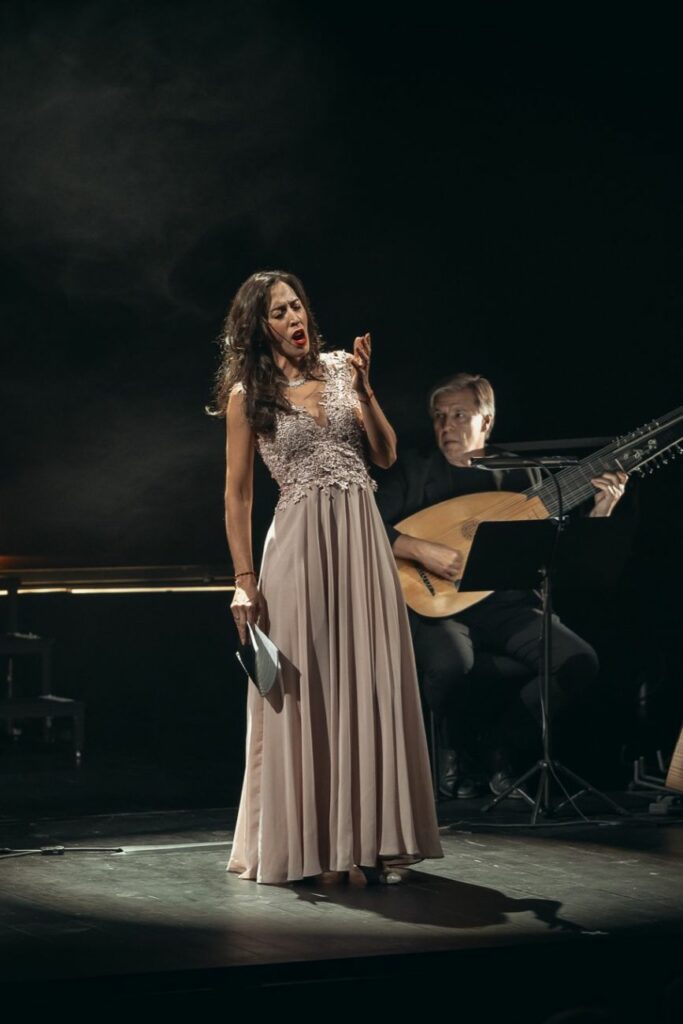
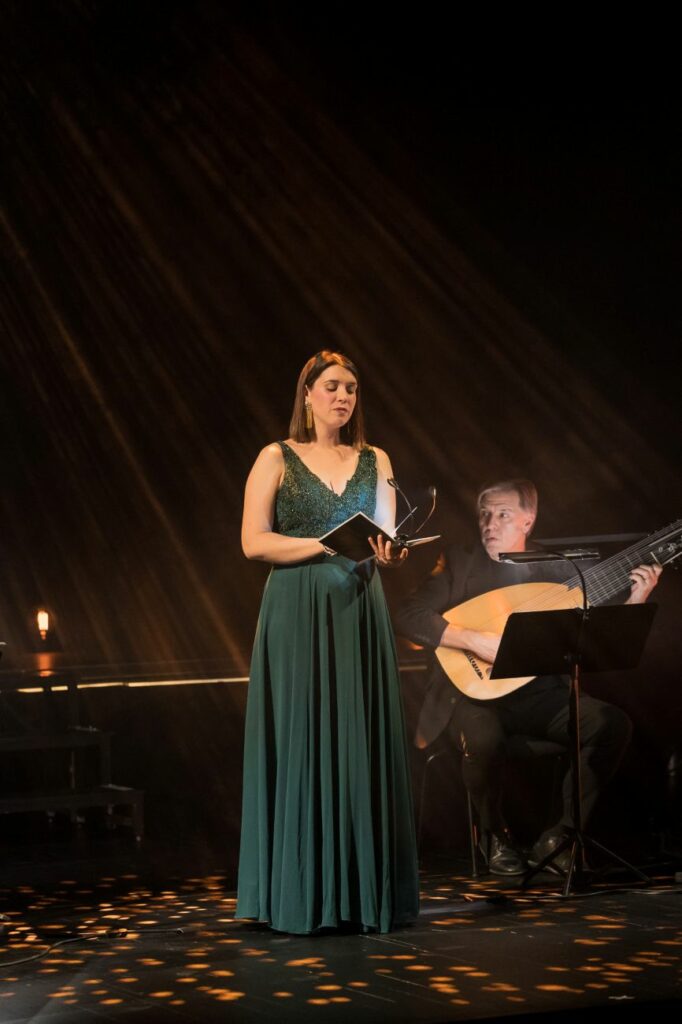
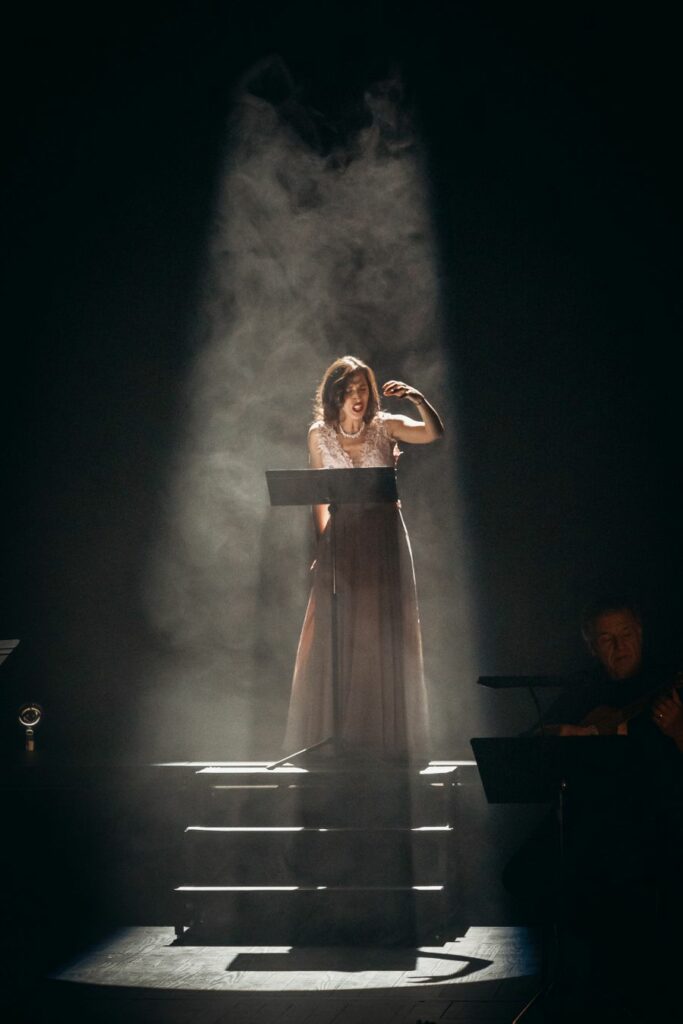
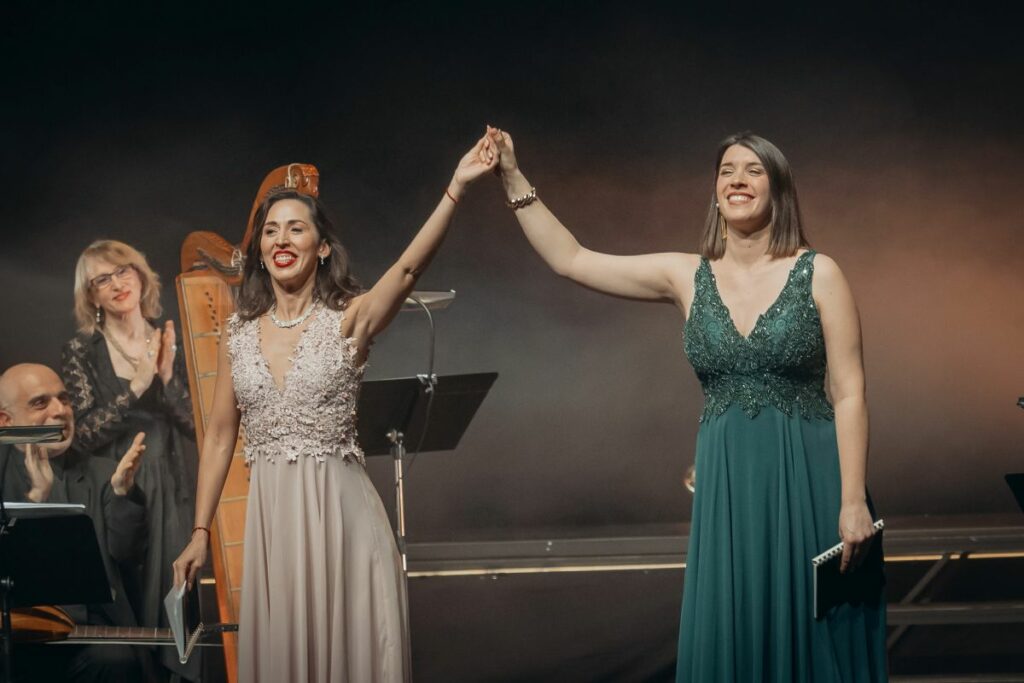
Recorded at Cordon church in September 2020 for Ricercar.
This recording was sponsored by Société Générale’s Mécénat Musical.
The “Sigismondo d’India et les Grands maîtres vénitiens” concert at the Festival Musique & Nature in Bauge (20 July 2021) and the Sigismondo d’India concert-lecture with Jorge Moralès, author of “Sigismondo d’India et ses mondes”, in Cordon (19 September 2020) were sponsored by the Caisse d’Epargne Rhône Alpes.


